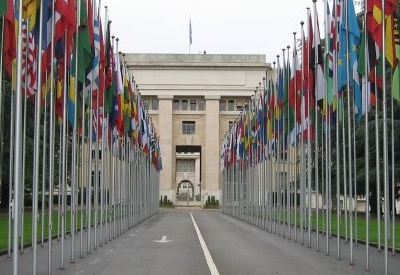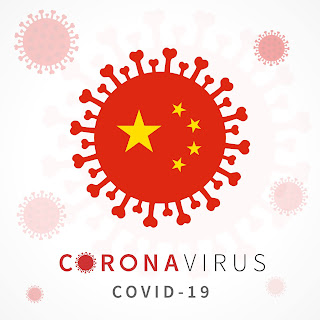Taiwan's DPP claims a third straight victory imposing the status quo between the mainland, Taiwan, and the U.S.
“In the global election year of 2024, in this most anticipated first election, Taiwan has scored the first victory for democracy, ” Lai said in his victory speech, referring to the roughly four dozen national elections scheduled to be held around the globe this year." Taiwan's DPP has secured an unprecedented third term in today's election with 40% of the popular vote.
In response to the outcome, “Taiwan is China’s Taiwan,” Chen Binhua, the spokesperson for the Taiwan Affairs Office of the State Council. Further, Chen added “This election cannot change the basic pattern and the development of cross-Strait relations, nor can it change the common desire of compatriots on both sides of the Taiwan Strait to draw closer” according to an interview on MSNBC.
Taiwanese citizens are concerned with the same issues that everyone is dealing with in a post COVIID world. Typical economic issues such as housing affordability, the job market, debt levels, and future prosperity that ties into building families and owning a home. The fly in the ointment is the incumbent party – the DPP (Democratic Progressive Party) is focusing on security matters because of a continual harassment by the People's Republic of China through gray zone tactics. there is a very real threat to Taiwanese on a regular basis, and yet, many claimed that they are used in this threat and it does not impact their emotional well-being. Both parties in opposition, including the Kuomintang, are trying to appeal to Taiwanese best interests without subjugating themselves to the central government in Beijing. The third-party which is similar to Canada's NDP (New Democratic Party) is last in the polls, but is offering hope to Taiwanese on these bread-and-butter issues. Unfortunately, they don't seem to have any concrete solutions to manage these problems. In the meantime, the United States is selling arms to Taiwan to help them prepare for a Chinese invasion – the most recent purchase involved a surveillance system to help the Taiwanese military gauge attacks on a real-time basis Taiwan prepare.
The complicated proxy between Taiwan and the U.S. will continue for four more years, at least, while many Taiwanese see themselves as Taiwanese ethnicity as opposed to Chinese. A Pew Research poll in 2020 indicated that 66% view themselves as Taiwanese, while 28% see themselves as both Taiwanese and Chinese. The paradox for China is there is little appetite in Taiwan for the one country - two system model of governance that China has proposed, particularly, after Beijing usurped Hongkonger's rights and freedoms with the adoption of the National Security Law that came into effect on June 30,2020. With the central governments disdain for Lai who they view as a separatist, a continuation of grey zone practises will surely continue as Beijing tries to wear down Taiwan's military and air force. Taiwan has and will continue to bolster its defensive capabilities to prepare for any attempt by the PRC to attack and undermine its democracy. Moreover, Taiwanese authorities will continue to develop stronger relationships in the Indo - Pacific and international community to maintain the status quo that supports the United States - Taiwan policy of "strategic ambiguity." This policy underlies the "One -China" policy that Beijing demands in international circles. A stronger relationship with Japan, South Korea and Australia will provide impetus as Taiwan's allies have been gradually shifting diplomatic ties away from Taiwan to Beijing. Mainland China (120.7 billion/25.3%) and the U.S. (74.9 billion/15.7%) are Taiwan's top two importers. Canada ( 3.3 billion/.7%) is 17th - all figures 2022. Suffice it to say, President - Elect Lai, must focus on securing trade deals outside of China's influence to become less reliant on Chinese business; a de-coupling to an extent is necessary.





